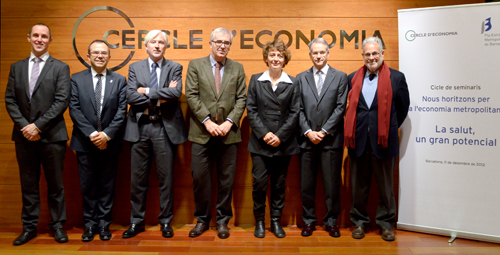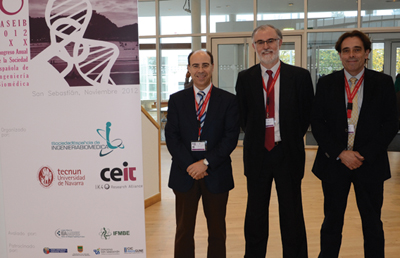Further Pablo Motos support for IBEC research into bacterial infections
 Junior group leader Eduard Torrents is the recipient of a third “Pablo Motos” award from the Federación Española de Fibrosis Quística (FEFQ) to continue his research into identifying new antimicrobial molecules to fight the bacteria that cause complications and even death in many people with cystic fibrosis.
Junior group leader Eduard Torrents is the recipient of a third “Pablo Motos” award from the Federación Española de Fibrosis Quística (FEFQ) to continue his research into identifying new antimicrobial molecules to fight the bacteria that cause complications and even death in many people with cystic fibrosis.

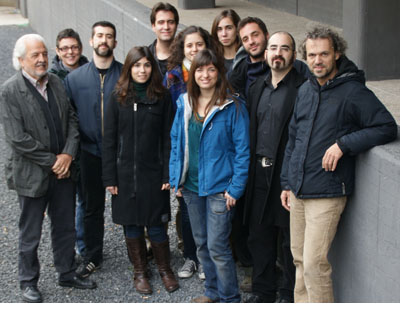
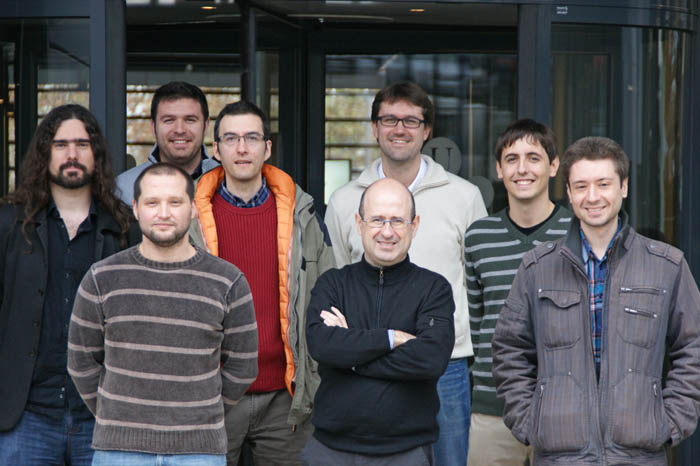
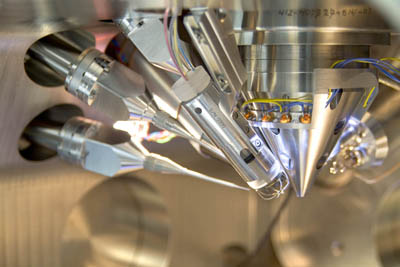

 IBEC has signed a Memorandum of Understanding with the Barcelona Macula Foundation to jointly promote their respective activities in the context of biomedicine.
IBEC has signed a Memorandum of Understanding with the Barcelona Macula Foundation to jointly promote their respective activities in the context of biomedicine.